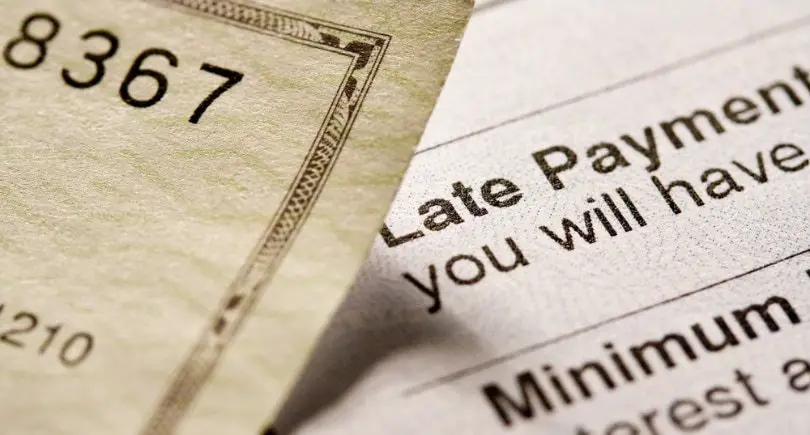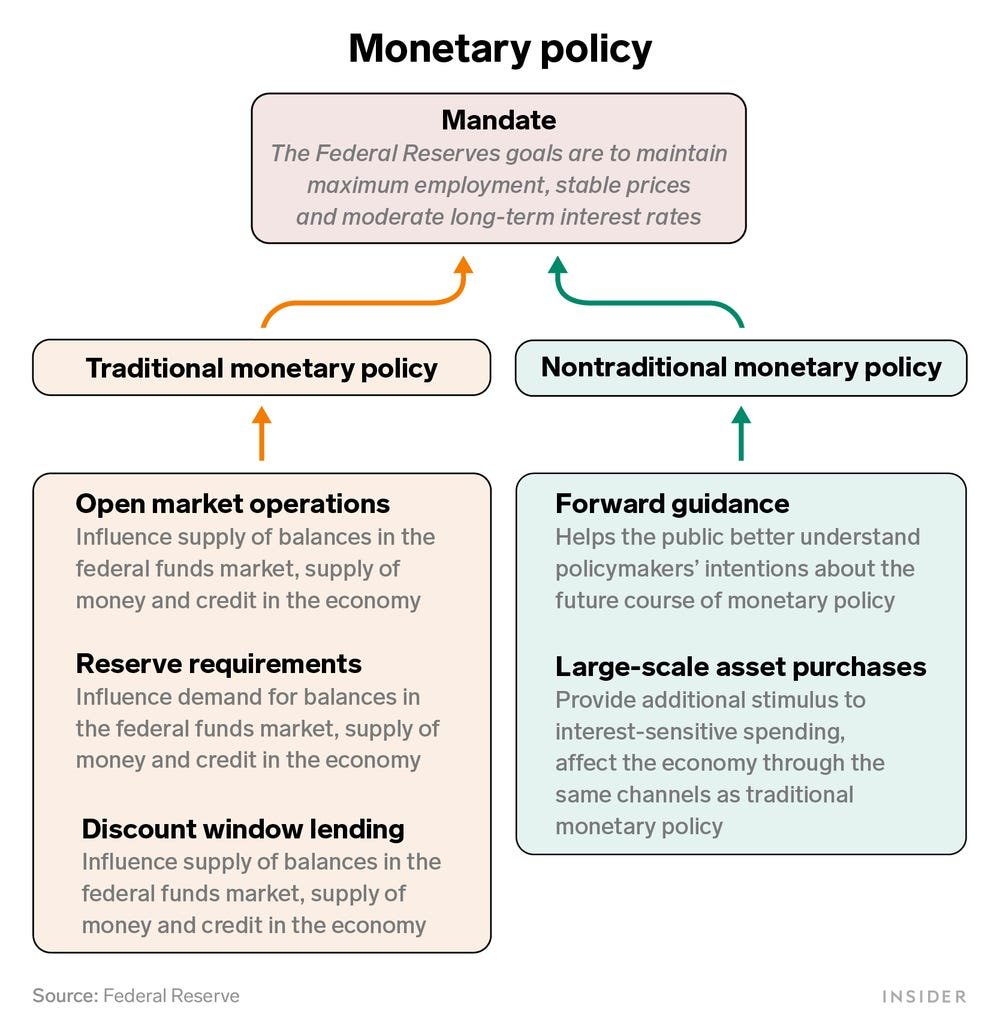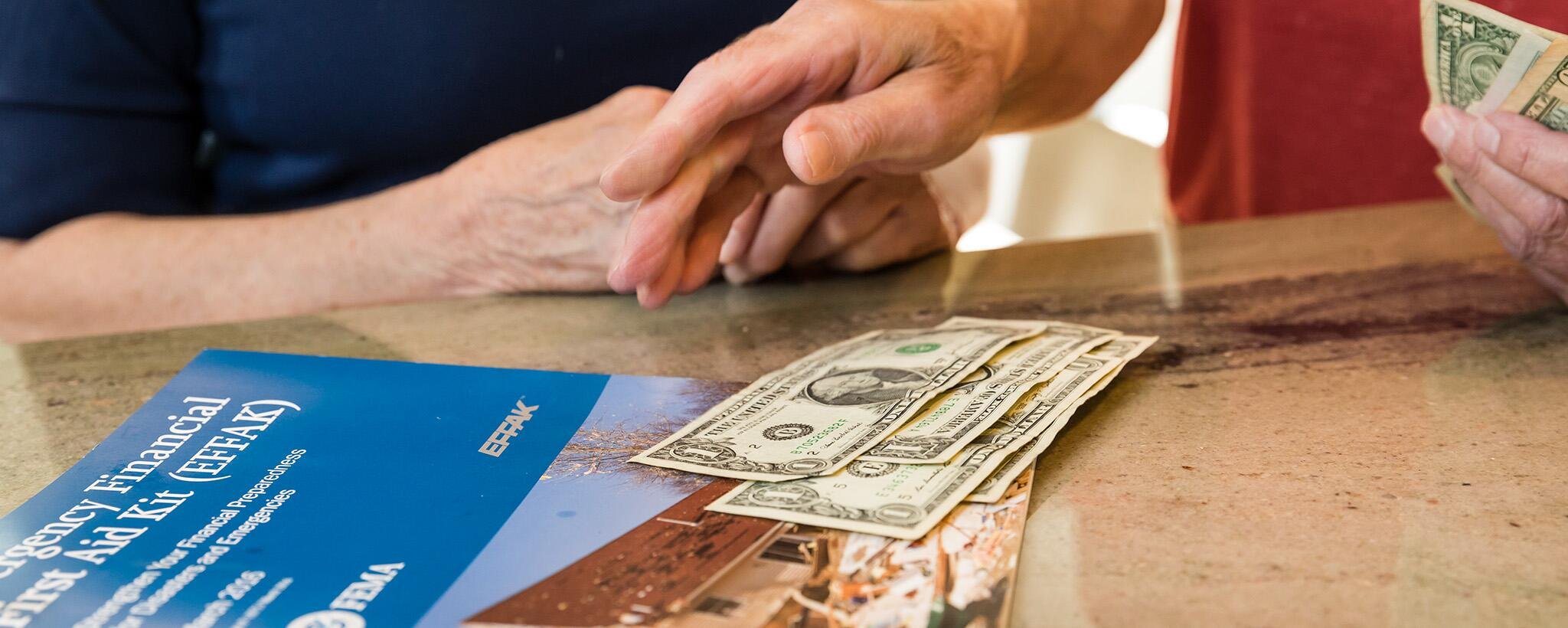Avoiding late fees on credit cards is a crucial aspect of maintaining good financial health. Nobody likes getting hit with unnecessary charges, especially when they can easily be avoided. So, how do you ensure that you stay on top of your credit card payments and avoid those dreaded late fees? Well, fret not! This article will provide you with some practical tips for avoiding late fees on credit cards, allowing you to stay in control of your finances and keep more money in your pocket. Let’s dive right in and explore these valuable tips that can save you from unnecessary expenses.
Tips for Avoiding Late Fees on Credit Cards
Introduction
Late fees on credit cards can be a real headache. Not only do they add to your financial burden, but they can also negatively impact your credit score. However, with some careful planning and responsible financial habits, you can avoid these fees altogether. In this article, we will discuss effective tips and strategies to help you stay on top of your credit card payments and avoid late fees.
1. Set Up Automatic Payments
One of the simplest and most effective ways to avoid late fees is by setting up automatic payments for your credit card bills. You can do this by linking your credit card account to your bank account and authorizing the credit card company to automatically withdraw the minimum payment or the full statement balance each month. This ensures that your payments are always made on time, even if you forget to make the payment manually.
Benefits of Automatic Payments:
- Eliminates the risk of forgetting payment due dates
- Saves time and effort by automating the payment process
- Helps maintain a good credit score by avoiding late payments
2. Set Up Payment Reminders
If you’re not comfortable with automatic payments, another helpful strategy is to set up payment reminders. Most credit card issuers offer email or text alerts that notify you when your payment is due. Take advantage of these tools and set reminders a few days in advance to give yourself enough time to make the payment. You can also use smartphone apps or calendar reminders to stay organized and avoid missing payment deadlines.
Benefits of Payment Reminders:
- Helps you stay on top of payment due dates
- Reduces the risk of late payments by providing timely reminders
- Allows you to plan your finances accordingly
3. Opt for Online Banking
Online banking has become increasingly popular and convenient. By utilizing online banking services, you can easily access your credit card accounts and make payments from the comfort of your own home. Most banks offer free online bill payment services, allowing you to schedule credit card payments in advance. This way, you can ensure your payments are made on time, regardless of your location or time constraints.
Benefits of Online Banking:
- Provides 24/7 access to your credit card accounts
- Allows you to schedule payments in advance
- Enables you to track your spending and monitor your balances
4. Create a Monthly Budget
Developing a monthly budget is an essential step towards managing your finances effectively. By outlining your income and expenses, you gain a clearer understanding of your financial situation and can allocate funds for credit card payments accordingly. Make sure to prioritize credit card payments and include them as fixed expenses in your budget. This way, you’ll have a better idea of how much you can afford to pay each month and reduce the chances of missing payments.
Benefits of Creating a Monthly Budget:
- Helps you track and control your spending
- Allows you to allocate funds for credit card payments
- Provides a clear overview of your financial situation
5. Consider Due Date Adjustments
If you find it challenging to make payments due to specific dates falling inconveniently close to your other financial commitments, consider contacting your credit card issuer and requesting a due date adjustment. Most issuers are willing to accommodate such requests and can change your payment due date to a more suitable time in the month. This way, you can align your credit card payments with your paychecks or other regular income sources, making it easier to stay on track.
Benefits of Due Date Adjustments:
- Allows you to synchronize payment due dates with your income schedule
- Reduces the risk of missed payments due to conflicting financial obligations
- Provides flexibility in managing your monthly expenses
6. Keep Your Credit Card Utilization Low
Maintaining a low credit card utilization ratio is not only beneficial for your credit score but can also help you avoid late fees. Credit card utilization refers to the percentage of your credit limit that you’re currently using. By keeping this ratio low, you ensure that you have enough available credit to cover your expenses and make timely payments. A low credit utilization ratio also indicates responsible financial behavior, which can lead to increased credit limits and better interest rates in the future.
Benefits of Low Credit Card Utilization:
- Reduces the risk of exceeding your credit limit
- Ensures you have enough available credit for emergencies
- Indicates responsible financial behavior to credit card issuers
7. Review Your Statements Regularly
Make it a habit to review your credit card statements regularly. By carefully examining your statements, you can identify any errors, unauthorized charges, or unusual activities promptly. This allows you to dispute any discrepancies and avoid unnecessary fees. Additionally, reviewing your statements helps you keep track of your spending, detect fraudulent transactions, and stay aware of your credit card balances.
Benefits of Regular Statement Review:
- Helps identify and rectify errors or fraudulent charges
- Enables you to track your spending accurately
- Keeps you informed about your credit card balances and transactions
Late fees on credit cards can be easily avoided by implementing these simple yet effective strategies. Whether you choose to set up automatic payments, utilize payment reminders, or adjust your due dates, taking proactive steps towards responsible credit card management can save you money and protect your credit score. By staying organized, monitoring your expenses, and prioritizing timely payments, you can maintain a healthy financial life and steer clear of unnecessary late fees.
Remember, being proactive and responsible with your credit card payments not only saves you money but also establishes a strong financial foundation for a brighter future.
Disclaimer: This article is for informational purposes only and should not be considered financial advice. It is always recommended to consult with a financial professional regarding your specific financial situation.
QUICK TIP: Avoiding credit card late fees
Frequently Asked Questions
Tips for Avoiding Late Fees on Credit Cards – Frequently Asked Questions (FAQs)
How can I avoid late fees on my credit cards?
To avoid late fees on your credit cards, make sure to pay your bill on time every month. You can set up automatic payments, use a calendar reminder, or enable notifications from your credit card provider to help you stay on top of due dates.
What happens if I miss the due date for my credit card payment?
If you miss the due date for your credit card payment, you may be charged a late fee. Late payments can also result in an increase in interest rates and a negative impact on your credit score.
Is there a grace period for credit card payments?
Many credit cards offer a grace period, which is a certain number of days after the due date during which you can make a payment without incurring late fees. The length of the grace period can vary depending on the credit card issuer.
Can I negotiate to have a late fee waived?
It is possible to negotiate with your credit card issuer to have a late fee waived, especially if it’s your first late payment or if you have a good payment history. Contact your credit card company’s customer service and explain the situation to see if they can accommodate your request.
What are some strategies for remembering credit card due dates?
There are several strategies you can use to remember your credit card due dates, such as setting up calendar reminders on your phone or computer, using a bill payment app, or creating a recurring event in your email calendar. Find the method that works best for you and helps you stay organized.
Should I consider setting up automatic payments for my credit cards?
Setting up automatic payments for your credit cards can be a convenient way to ensure you never miss a payment and avoid late fees. However, it’s important to regularly review your credit card statements to spot any errors or unauthorized charges.
What should I do if I can’t make the full credit card payment on time?
If you can’t make the full credit card payment on time, it’s important to at least make the minimum payment to avoid late fees. However, paying only the minimum can result in accruing interest on the remaining balance, so it’s best to pay as much as you can afford.
Can late payments on credit cards affect my credit score?
Yes, late payments on credit cards can have a negative impact on your credit score. Payment history is an important factor in determining your credit score, so it’s crucial to pay your credit card bills on time to maintain a good credit standing.
Final Thoughts
To avoid late fees on credit cards, it is crucial to stay organized and make timely payments. Set up automatic payments or utilize reminder notifications to prompt yourself before the due date. Make sure to review your billing statement each month to identify any errors or discrepancies that may result in late fees. It is also important to prioritize credit card payments to ensure they are paid on time and in full. By following these tips for avoiding late fees on credit cards, you can maintain a healthy credit score and financial well-being.



